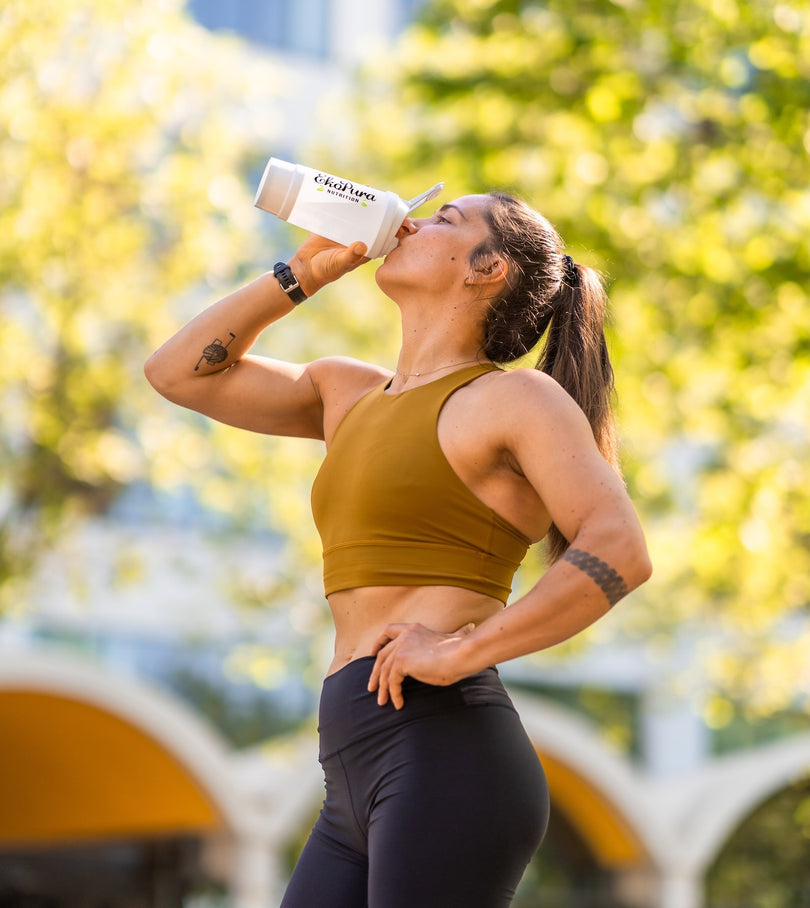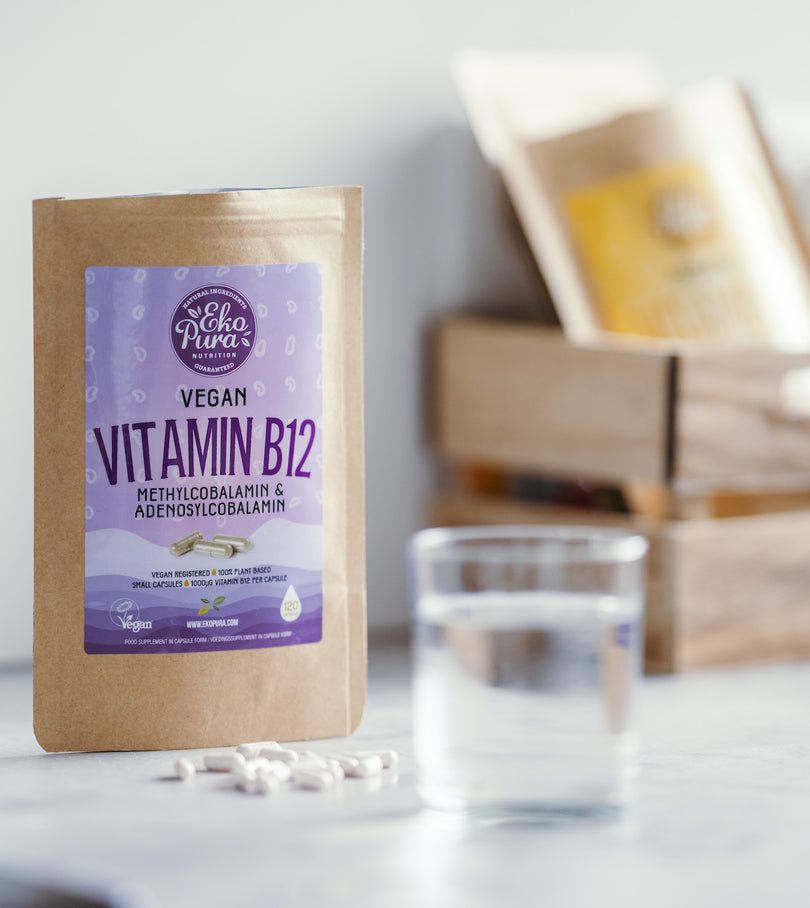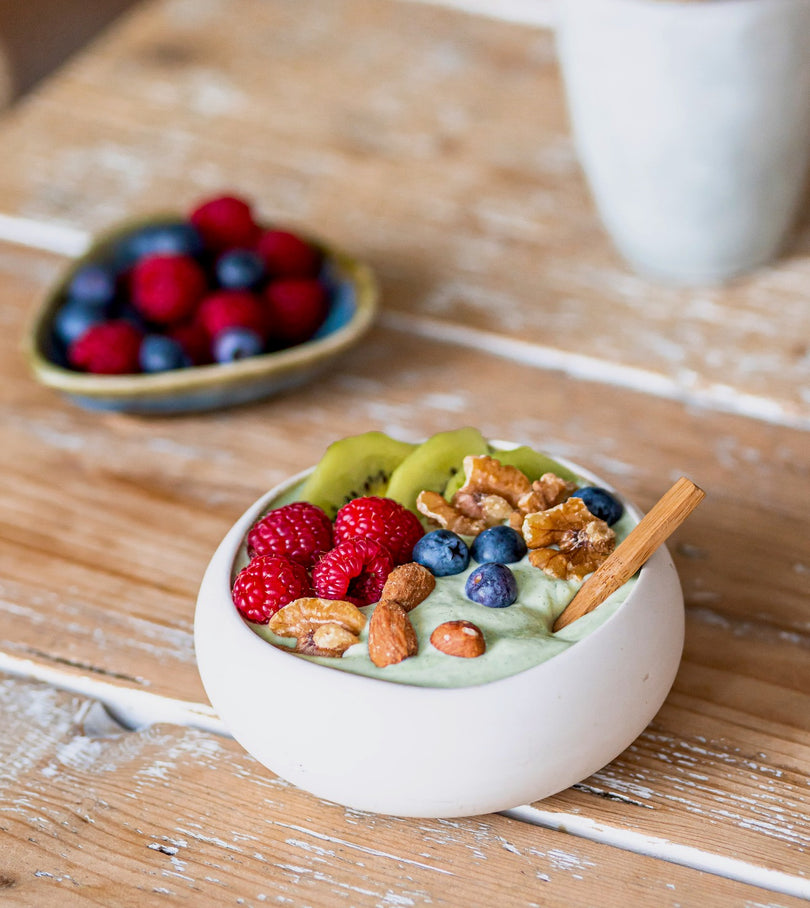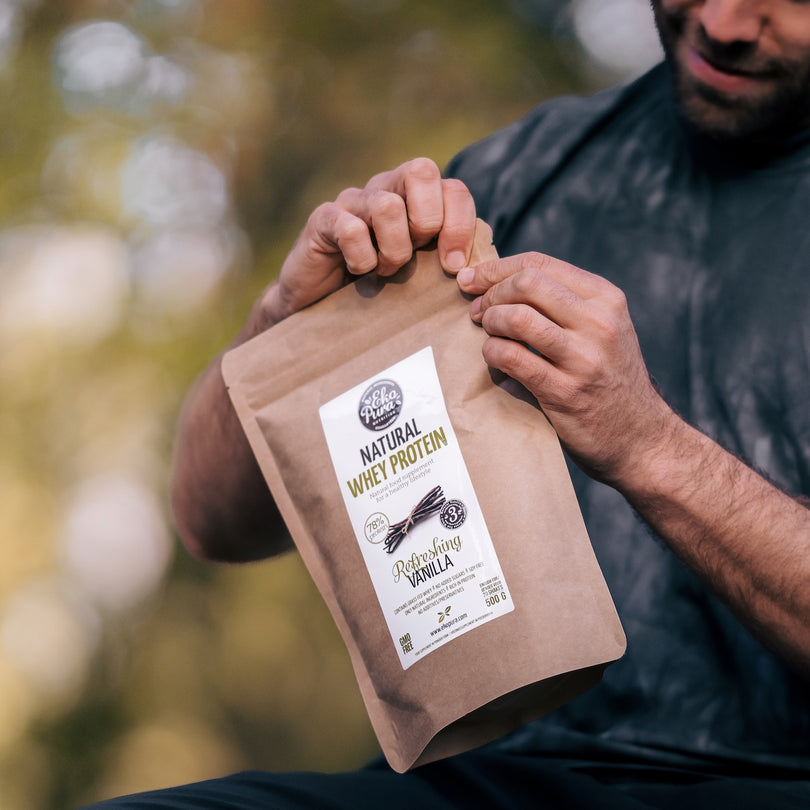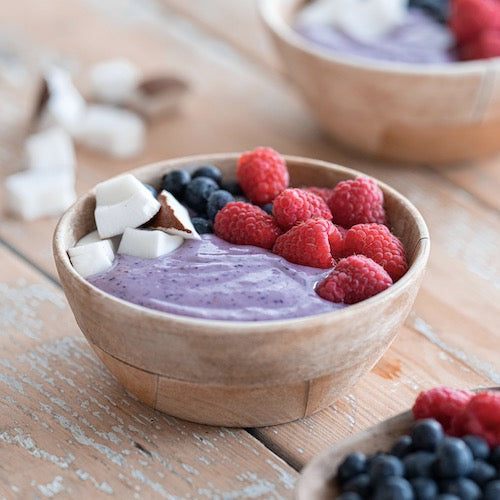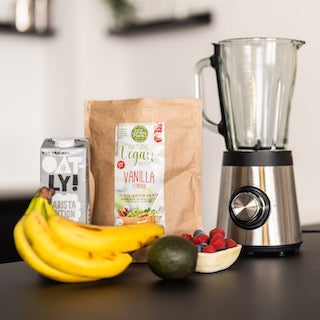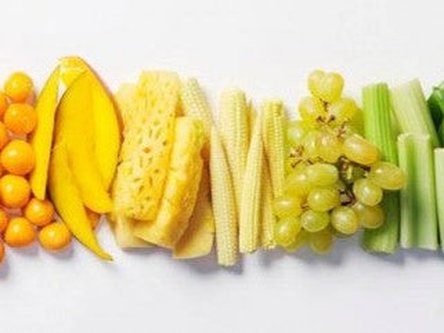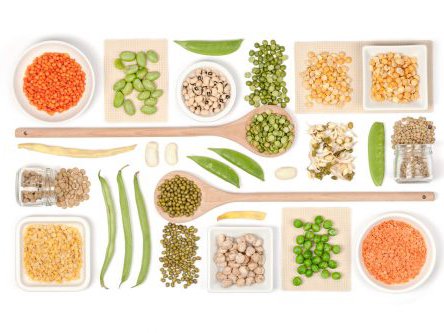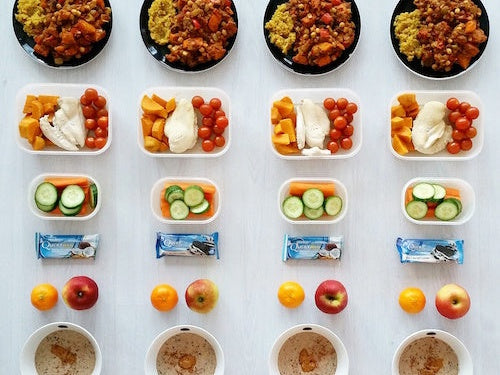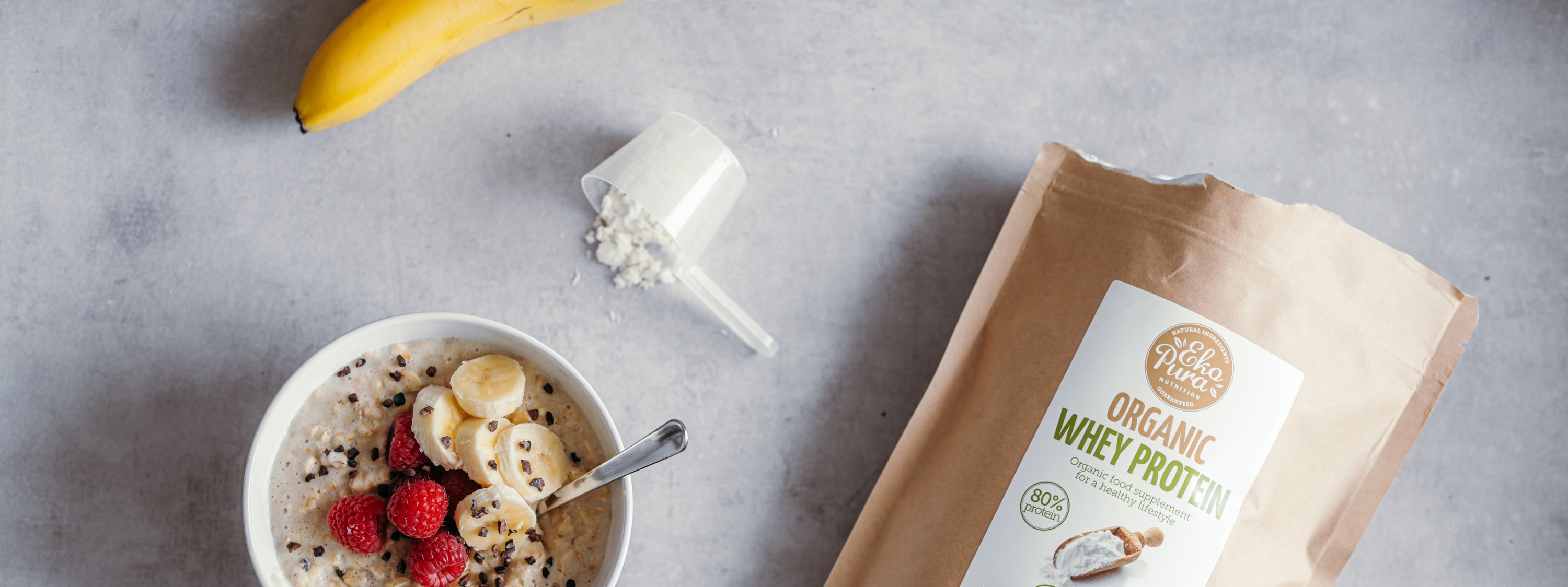It's been all the hype for a while now - Clean Eating. But what exactly is Clean Eating and how do you apply it in everyday life? In this article, we will go into this in a little more detail. Read along.
What is it?
The principle of Clean Eating is all about eating only "real" food and not manufactured products. Only pure products, straight from nature fall under Clean Eating. There are no E numbers and preservatives added, and added (refined) sugars and other flavorings are also a no go. It is like going back to basics by putting together your own meals. This way, you know exactly what you are ingesting because you have made your meal from scratch.
With Clean Eating it is important to get the right balance of foods. This includes proteins, carbohydrates, fats, vitamins and minerals.
How do you go about it?
With Clean Eating, you eat as little processed food as possible. It is a completely different way of handling food. Namely, you only eat foods meant to have no unnecessary substances added to them or unnecessarily processed. So an apple from the tree falls under "real" food, a bag of chips on the other hand does not because of all the unnatural processing. Note that even pre-packaged fruits and vegetables can contain all kinds of additives.
You can easily check this by looking at the list of ingredients on the package. If it contains more than 5 ingredients, you already know it is not clean. These unnatural foods do not fit into a clean diet. So the cans are replaced for only fresh (homemade) varieties.
Clean eating is not a diet
You probably associate this way of eating with a diet. But it is not. An important difference between clean eating and all kinds of diets, is that clean eating is a way of life. So you are not limiting your calorie intake or avoiding specific nutrients such as fat or carbohydrates.
You are merely replacing all processed products in your diet with clean unprocessed products. In a whole foods diet, you should always get enough protein, fat and carbohydrates. Therefore, in a clean eating pattern, you take good proteins, mostly slow carbs and healthy fats.
Awareness
Clean Eating is also a piece of awareness. You buy little pre-packaged food and when you buy something that is in a jar or packet, you make sure you know exactly what is in it. Chances are you also go to an organic market or store a little more often to do your shopping. Some clean eaters even grow as many fruits, vegetables and herbs as possible themselves, although of course that is not a requirement.
The benefits
Cutting out processed foods has an awful lot of health benefits. It gets you off your sugar addiction and you get more energy and a better night's sleep. And this is definitely reflected in your appearance as well. For example, skin ailments are reduced and you get glowing skin. Also, your teeth become cleaner and whiter because of all the chemical sugars that no longer affect your teeth. How nice is that!
Tips
When you start this lifestyle, it is important that you build it up slowly and get used to this way of life slowly. We have selected a few tips for you to get you started.
- We cannot say it often enough. But it is incredibly important to drink enough water. Instead of fruit juices, choose water or tea. If you like coffee, choose fresh or black coffee. Other types often contain unhealthy additives and a lot of calories.
- Often we think something is incredibly healthy, but when you look closely at the packaging, we are still deceived. You think you are making a conscious choice, but that is often not the case. For example, there can be many additives in (drinking) yogurt, cruesli, salad dressings and ready-made soups. Keep that in mind.
- Try substituting pork and beef for chicken or fish and eat lots of fruits and vegetables. You'll create a light and nutritious meal in no time.
- Keep varying! To keep things from becoming monotonous, it is important that you fill your kitchen cabinets well with natural flavor enhancers. For example, choose: fresh peppers, chili flakes, garlic, ginger root, cilantro, mint, parsley, soy sauce, balsamic vinegar, lime, lemon or a little mustard.
What products fall under Clean Eating?
- Unprocessed vegetables (fresh or from the freezer)
- Unprocessed fruits (fresh or frozen)
- Whole grain cereal products (oat flakes, whole wheat flour, whole wheat spelt flour, rye)
- Eggs
- Sugar-free almond, soy or rice milk
- Unsweetened coconut
- Honey
- Meats such as lean beef and chicken breast
- Whole wheat pasta
- Potatoes
- Seeds (flaxseeds, sunflower seeds, sesame seeds, Quinoa, etc.)
- Nuts (unroasted and unsalted)
- Dark chocolate (at least 85%)
- Dairy (yogurt, milk and cheese)
- Legumes (with no added salts)
- Fish (salmon, tuna, smoked mackerel, pangasius, etc.)
- Sea salt
- Green tea, herbal tea and rooibos
- Unpolished rice
- Black coffee
- Olive oil, coconut oil or fat, sunflower oil and sesame oil
After a few days of eating Clean you will already feel this physically. Therefore, it is definitely worth a try. Start with a few days or once a week, anything goes.
Do you have any Clean Eating tips of your own? Be sure to let us know them.
Read more interesting articles about nutrition on our blog!




